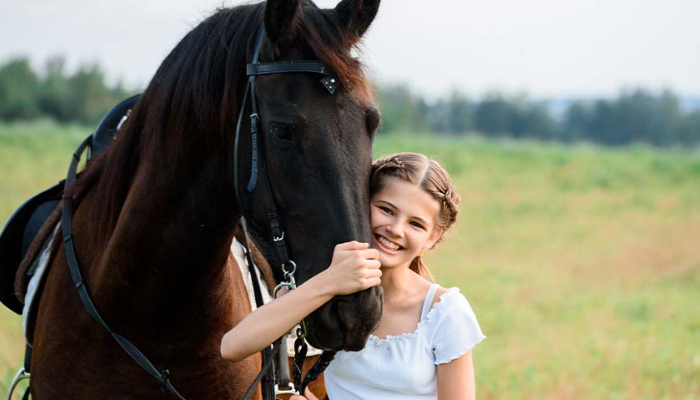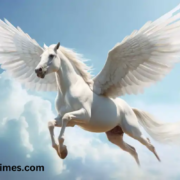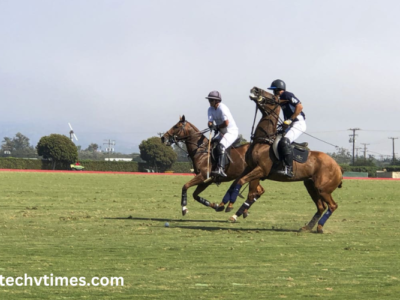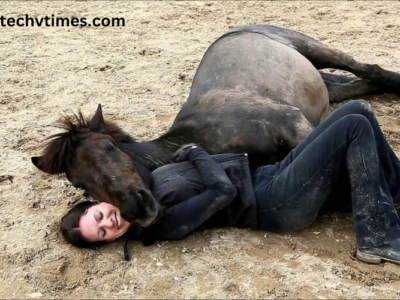Horses have captivated human imagination for millennia, embodying grace, power, and companionship. From the windswept steppes of Central Asia to the green pastures of Europe, the history of horses is intricately woven with that of humanity. Their journey from wild creatures to indispensable partners in human civilization is a tale of mutual dependence, adaptation, and reverence. Discover the latest trends and insights in casacourse. Explore our comprehensive resources and expert advice to enhance your knowledge.
The Early Days: Domestication and Spread
The domestication of horses began around 4000 BCE in the steppes of modern-day Ukraine, southwest Russia, and west Kazakhstan. These early horsemen recognized the utility of horses for transportation, agriculture, and warfare. The Botai culture is often credited with being one of the first to domesticate horses, as evidenced by archeological findings of bit wear on horse teeth and remnants of horse milk.
As humans and horses forged a bond, their influence spread across continents. By 2000 BCE, domesticated horses had reached the Near East and Europe, transforming societies. The speed and endurance of horses revolutionized trade, warfare, and communication, shrinking the vast distances between civilizations and ushering in a new era of interaction.
Horses in Warfare: Power and Prestige
The role of horses in warfare cannot be overstated. Chariots, one of the earliest military uses of horses, emerged in Mesopotamia around 2000 BCE. These formidable machines of war, pulled by teams of horses, were the tanks of the ancient world, providing unparalleled speed and mobility on the battlefield.
Later, the advent of mounted cavalry changed the dynamics of warfare. The Mongol Empire, under the leadership of Genghis Khan, demonstrated the devastating effectiveness of mounted archers, creating one of the largest empires in history. The image of knights in shining armor astride powerful warhorses remains a symbol of medieval chivalry and martial prowess.
Cultural Significance: Symbols and Stories
Horses have not only been practical assets but also powerful symbols in various cultures. In Greek mythology, the winged horse Pegasus represents inspiration and poetry, while the Trojan Horse symbolizes cunning and strategy. Norse mythology celebrates Sleipnir, Odin’s eight-legged steed, as a symbol of strength and endurance.
Art and literature across the ages have immortalized horses. From the cave paintings of Lascaux, depicting wild horses in motion, to the majestic equestrian statues of Renaissance Europe, horses have been depicted as noble and spirited creatures, worthy of admiration and respect.
Horses in Modern Society: Companionship and Sport
Today, horses continue to hold a special place in human society. Equestrian sports, such as dressage, show jumping, and racing, celebrate the athleticism and grace of horses. The thoroughbred racing industry, in particular, is a multi-billion-dollar enterprise, with events like the Kentucky Derby capturing the public’s imagination.
Beyond sport, horses are cherished companions and therapeutic partners. Programs for therapeutic riding, often referred to as hippotherapy, harness the gentle nature of horses to assist individuals with physical, emotional, and cognitive challenges. The bond between horse and rider can be profoundly healing, offering a unique form of support and connection.
Preservation and Challenges
Despite their celebrated status, horses face challenges in the modern world. Habitat loss, neglect, and the controversial practice of horse slaughter are pressing issues. Conservation efforts and organizations dedicated to the welfare of horses work tirelessly to ensure their protection and well-being. Wild horse populations, like the mustangs of North America, are a focal point for preservation, representing the untamed spirit of these majestic animals.
Conclusion
The history of horses is a testament to their significance in human development. As symbols of power, beauty, and freedom, horses have left an indelible mark on human culture and history. Their continued presence in our lives, whether on the battlefield, in the field of sport, or as therapeutic companions, underscores the enduring bond between humans and these magnificent creatures. The mystique of the horse remains as captivating today as it was thousands of years ago, a timeless emblem of grace and strength.











Comments